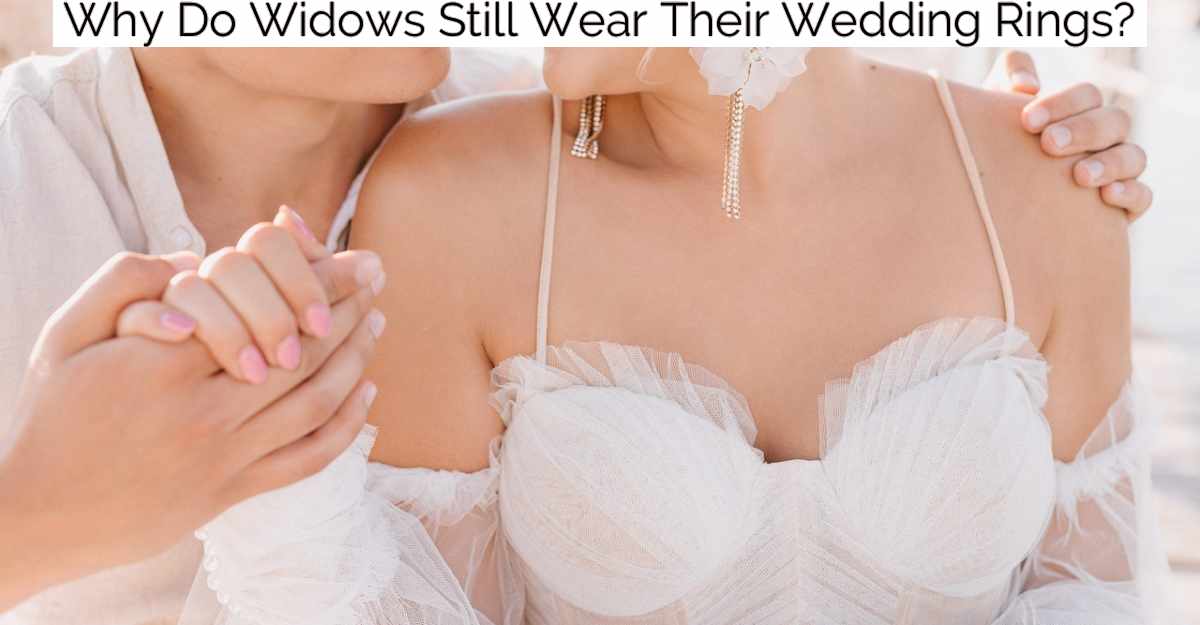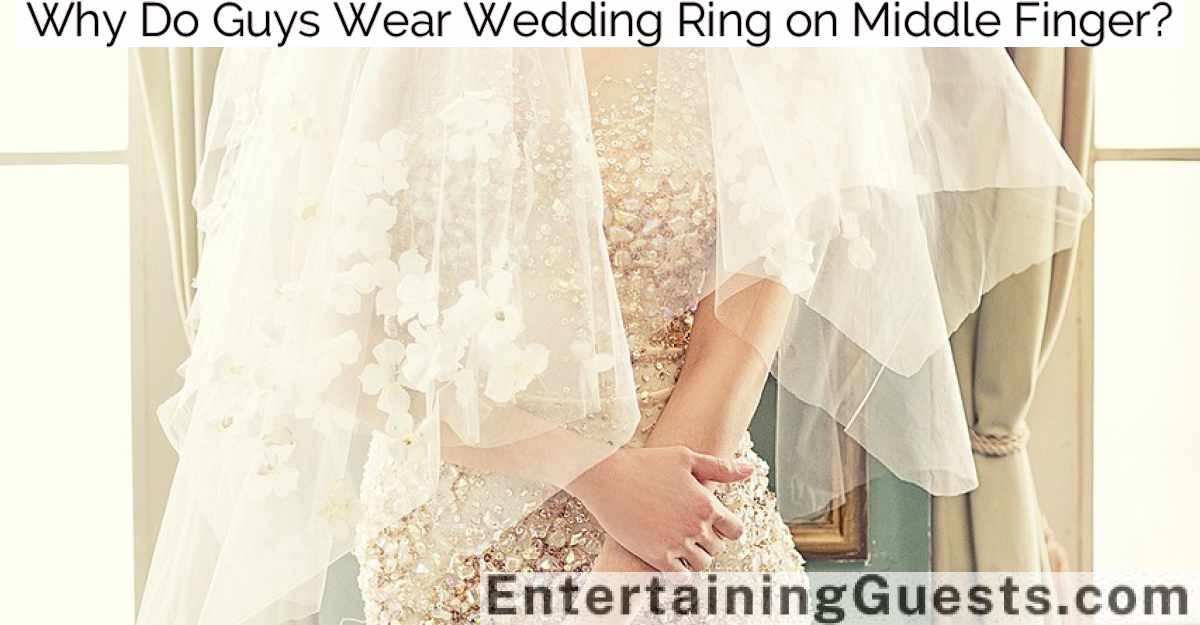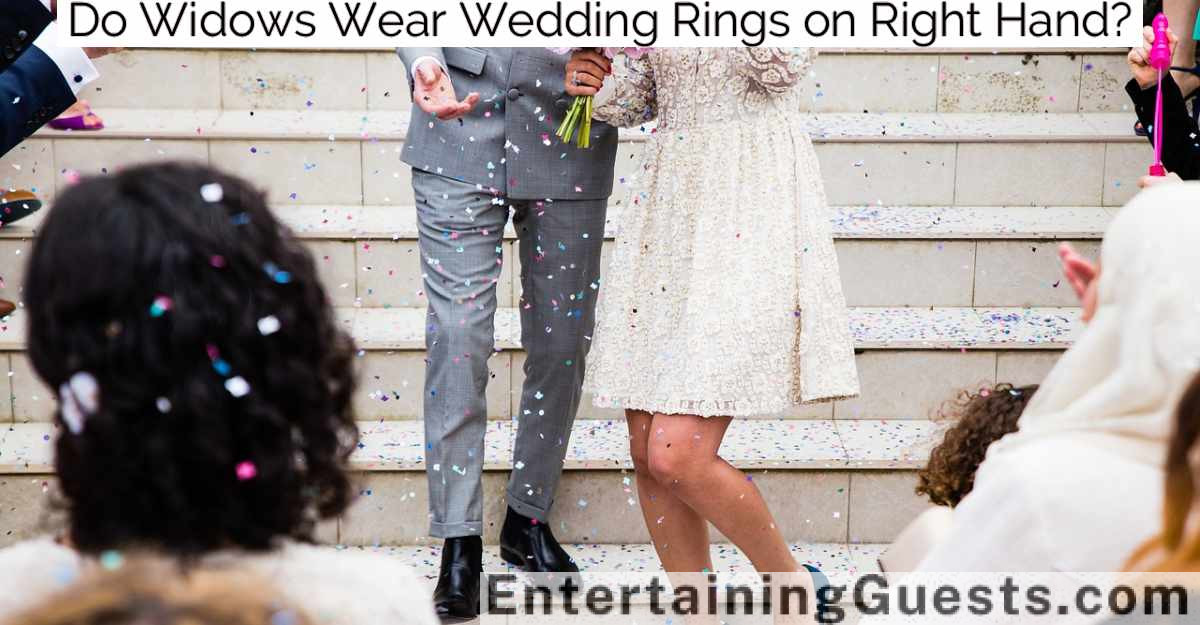Many widows continue to wear their wedding rings as a powerful symbol of enduring love and commitment to their deceased spouse. These rings serve as a comforting reminder of their shared journey and the cherished memories they hold. By keeping the ring on, a widow maintains a tangible connection with her lost partner, offering solace during moments of loneliness and grief. It’s also a way to honor their relationship and keep their spouse’s presence alive in daily life. Each widow’s choice is deeply personal, shaped by individual emotions, societal perceptions, and their unique grieving process. Discovering more about these personal stories reveals the heartfelt significance behind this choice.
Key Takeaways
- Wedding rings symbolize ongoing love and commitment to a deceased spouse, offering emotional comfort.
- Rings serve as a tangible connection to cherished memories and shared experiences.
- Wearing the ring honors the relationship and keeps the spouse’s presence alive emotionally.
- It helps navigate grief by providing a sense of security and continuity in life changes.
- Societal norms and personal choice influence the decision, reflecting respect and honor for the late partner.
Symbolic Significance of Wedding Rings
Reflecting love and commitment, wedding rings symbolize the enduring bond between spouses. These small, often simple bands aren’t just pieces of jewelry; they’re profound markers of a shared journey, laden with memories and significance.
For a widow, the decision to continue wearing a wedding ring is deeply personal and rich with meaning. It’s not just about what was lost, but also about what was built together, celebrated, and cherished.
The ring serves as a constant reminder of the love they once shared, offering comfort and connection to their past. It’s a sign that love doesn’t simply end with death. It evolves but remains a core part of one’s identity and history.
This visible token of their relationship allows a widow to feel a sense of closeness to their partner, ensuring that the bond they forged over years isn’t forgotten in their physical absence.
Moreover, the choice to keep wearing a wedding ring can also communicate to the world that their love story is still relevant and meaningful. It’s a way of honoring their spouse’s memory and the life they shared, while maneuvering through the complexities of moving forward with respect and love.
Emotional Connections to Lost Partners
For many widows, the emotional bond to a lost spouse endures, manifesting through cherished memories and personal rituals. The wedding ring, a symbol of eternal love and commitment, often becomes a tangible connection to their beloved. It’s not just a piece of jewelry, but a profound reminder of the life they shared and the love they continue to feel.
Wearing their wedding rings helps them maintain a sense of closeness with their partner, providing comfort in moments of loneliness and grief. It’s a way to honor their relationship and keep their spouse’s presence alive in their daily lives. This practice isn’t about clinging to the past; it’s about acknowledging that their love is still a significant part of who they are.
Moreover, the ring serves as a gentle shield, offering emotional protection as they navigate the world without their partner. It reminds them—and others—that their heart holds a story of profound love, one that deserves respect and understanding.
Thus, the decision to keep wearing a wedding ring is deeply personal and varies from one individual to another. It’s about what feels right in their journey of mourning and healing, affirming that their love doesn’t end with death.
Social Perceptions and Expectations
Many people hold varied opinions on widows continuing to wear their wedding rings, often reflecting societal norms and cultural expectations. In some communities, these rings are seen as a symbol of enduring love and respect for the deceased spouse, suggesting that the widow honors their shared past and the commitment that was made. This perspective supports the idea that love doesn’t conclude with death, and wearing the ring can be a comforting, respectful tribute to the relationship that was.
Conversely, there are societal pressures that encourage widows to remove their rings, as a sign they’re moving on or are open to new relationships. This can create a dilemma for many who aren’t ready to let go or feel they’re betraying their late spouse’s memory. The decision to keep wearing the ring or not is deeply personal, yet societal cues often weigh heavily on this choice.
It’s essential to recognize and empathize with the personal journey each widow faces in dealing with their grief and the external expectations placed upon them. Understanding and support from the community can make a significant difference in how they navigate their path forward, respecting their pace and their choices.
Personal Stories and Experiences
Some widows choose to share their deeply personal experiences, revealing how they navigate the complex emotions tied to wearing their wedding rings after their spouse’s death.
For instance, Emily, who lost her husband to a sudden illness, continues to wear her ring as a symbol of the undying love they shared. It’s not just a piece of jewelry for her; it’s a comforting reminder of her partner, which provides her a sense of closeness despite his absence.
Another widow, Grace, views her wedding ring as a link to the past and a part of her identity that she isn’t ready to let go of. She finds that the ring sparks conversations about her late husband, allowing his memory to live on through the stories she tells. It’s a way for her to keep him present in her daily life.
Meanwhile, Sarah, who’s been a widow for over five years, still wears her wedding ring because it makes her feel secure and loved. She believes that the ring represents a circle of love that’s never broken, even by death.
Each story, unique in its emotions and meanings, underscores the deep connections that the ring symbolizes for many widows.
Transitioning Through Grief Stages
Steering through the stages of grief involves a unique and deeply personal journey for each widow. As they traverse this path, their wedding ring can become a poignant symbol of the love they’ve shared and the loss they’re enduring. It’s not just a piece of jewelry, but a tangible reminder of their partner.
Each stage of grief – denial, anger, bargaining, depression, and acceptance – brings its own challenges and emotions. During these times, the ring serves as a steadfast companion, offering a sense of continuity in a world that’s been irrevocably changed. It’s common for widows to speak to their rings as if they were speaking to their spouse, sharing their day, their fears, and even their progress.
The decision to keep wearing their ring can also provide comfort. It lets them hold onto a physical and emotional connection to their loved one, easing the sharp sting of their absence.
Over time, as they move towards acceptance, the meaning of the ring may shift. It transforms from a symbol of loss to one of enduring love and resilience, honoring a cherished relationship that, though altered by death, continues to shape their life and identity.
Frequently Asked Questions
How Do Cultural Differences Influence Widows’ Decisions on Wearing Wedding Rings?
Cultural differences greatly impact a widow’s choice to wear her wedding ring. Traditions, societal expectations, and personal beliefs all play roles in her decision, reflecting her ongoing connection to her late spouse.
What Legal Implications Affect Widows Wearing Their Wedding Rings?
Widows wearing their wedding rings face no legal implications; it’s purely a personal choice. They often continue this tradition to honor their spouse’s memory or feel a sense of continuing connection.
Can Wearing Wedding Rings Impact Psychological Healing Processes?
Wearing wedding rings can considerably affect a widow’s psychological healing, serving as a comforting reminder of love and connection, which might help them cope with loss and gradually move towards emotional recovery.
How Does Age Affect Widows’ Choices About Wearing Wedding Rings?
Age can considerably influence a widow’s decision to keep wearing her wedding ring. Older widows often retain it as a symbol of enduring love and legacy, while younger ones might choose to move on.
Are There Religious Practices Influencing Widows’ Decisions on Ring-Wearing?
Religious practices often influence widows’ decisions on ring-wearing. Many find that their faith provides guidance and comfort in continuing to wear the ring as a symbol of eternal love and commitment.
Conclusion
In steering through the complex journey of grief, widows often find solace in the symbols of their past love, like a wedding ring.
It’s not just jewelry; it’s a profound connection to cherished memories and shared dreams.
Society’s views vary, but what truly matters is the comfort and peace it brings to the grieving heart.
Each widow’s story is unique, and their choice to keep wearing their ring is a personal affirmation to enduring love and the resilience of the human spirit.







